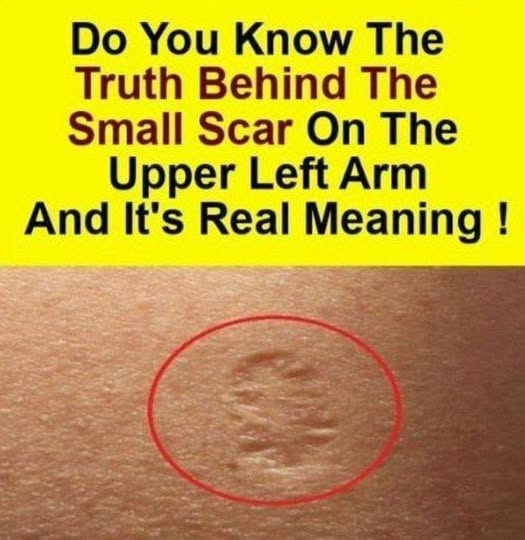
Many of us bear a small, round scar on our upper arm—a lasting trace of the smallpox vaccine, a common experience before the 1970s. This vaccine used live Vaccinia virus to trigger an immune response against the deadly Variola virus, which caused smallpox. “After receiving the shot, blisters appear at the injection site, which eventually…
Many of us bear a small, round scar on our upper arm—a lasting trace of the smallpox vaccine, a common experience before the 1970s.
This vaccine used live Vaccinia virus to trigger an immune response against the deadly Variola virus, which caused smallpox.
“After receiving the shot, blisters appear at the injection site, which eventually heal and leave a circular scar,” says the original article.
The scars are visible because each needle prick delivered a bit of the vaccine, causing blisters. The injection site swells briefly after the shot, then returns to normal.
But 6 to 8 weeks later, a lump forms, resembling a mosquito bite, which grows into a tumor. It later opens, oozes fluid, and becomes an ulcer, eventually healing into a scar that lasts forever.
Smallpox was eradicated in most of the Western world by the early 1970s, and vaccinations ceased in the 1980s due to a lack of exposure to the Variola virus.
The scar remains as a historical reminder of a once-dangerous disease. READ MORE BELOW